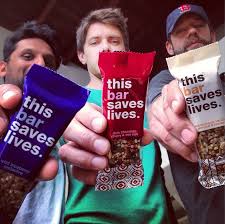Home
About Us
Page 2
a) Enhancing and expanding the capacity of state and local public health agencies and hospitals in the process of providing screening, counseling, follow-up check-ups, performing necessary quality assurance, outcome analysis, as well as other public health surveillance functions.
|
|
b) Assisting in the process of providing health care professionals and newborn screening program personnel with ample education and knowledge on appropriate newborn screening practices, as well as on emerging technologies intended for critical congenital heart diseases.
c) Developing and administering educational programs that focus on critical congenital heart disease newborn screening, counseling, testing, follow-up, management, and treatment.
d) Establishing, sustaining, and operating a system that could coordinate and evaluate screening programs and follow-up check-ups with regards to critical congenital heart disease patients.
The Health Resources and Services Administration is willing to administer a total amount of $7,000,000 to be equally divided into seven different grant awardees.
The institutions and administrations who will be considered eligible to submit an application under this program are states or political subdivisions of a state, a consortium of two more states, a health facility, or any other entity that possess sufficient expertise in newborn screening.
Critical Congenital Heart Disease Newborn Screening Demonstration Program
Back to Page 1
About The Author The TopGovernmentGrants Editorial Staff maintains one the most comprehensive Websites offering information on government grants and federal government programs. The staff also provides resources to other Websites with information on environmental grants and grants for youth programs. |
Additional Resources
category - Health Grants
Shared Instrumentation Grant Program
2012 Tuberous Sclerosis Complex Clinical Trial Award Program
Small Business Innovation Research Phase IIB Bridge Awards
Rural Health Research Center Program
Follow @topgovtgrant
Social Entrepreneurship
Spotlight
A Bar That Saves Children’s Lives

Ryan Devlin, Todd Grinnell and Ravi Patel have traveled to Africa on a humanitarian trip a few years back, encountering children suffering from severe malnutrition get healthy through Plumpy’Nut®.
